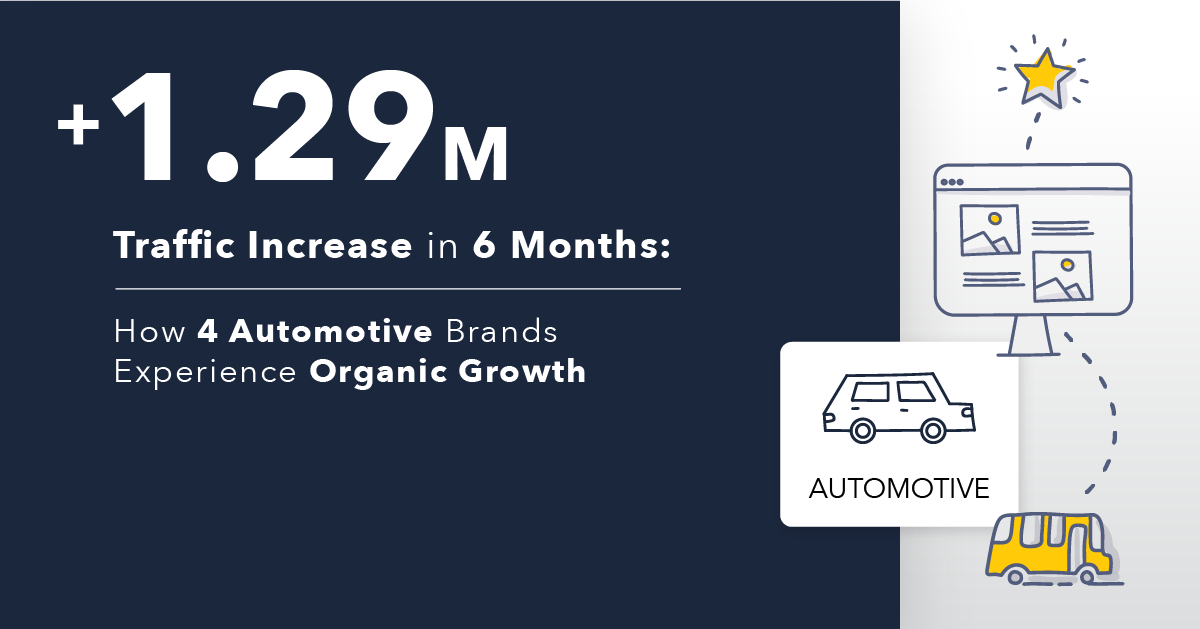Keeping your loved ones' gifts a secret is all part of the Christmas magic, but have you also been noticing that it’s getting harder and harder to keep them a surprise?
With the rise of online shopping comes cookies and targeted ads, and unfortunately, these ads have the potential of ruining the element of surprise.
We surveyed 1,014 people to find out how many have gotten their surprises spoiled by targeted ads, and it turns out it’s the Cookie Monster, and not the Grinch, who is stealing the festive spirit.
Recommended Reading: 2021 Holiday Shopping Habits & Supply Shortages
Key Statistics
- Three in four (75%) report on having looked for a gift online and being retargeted with ads relating to the product.
- One in three (36%) have seen an ad for a gift/surprise they think was intended for them pop up on someone else’s device.
- A further 35% said someone they intended to buy a gift for has seen targeted ads relating to the product appear on another device in the household.
- Over half (58%) aren’t aware targeted ads might pop up when searching for gifts online.
Contents
- Shopping for Christmas Gifts Online
- Targeted Ads Awareness
- Ruined Surprises
- The Attitude Towards Targeted Ads
- How to Avoid Ruined Surprises This Christmas
- Methodology
Shopping for Christmas Gifts Online
When shopping for Christmas gifts, the vast majority (97%) of respondents said they tend to choose the convenience of buying gifts online with 69% stating they do so often, while 28% said they do so sometimes. Only 3% said they never shopped for Christmas gifts online.
Cookies allow sites to track a user’s activity and then correlate it to ads, this is what is referred to as targeted ads.
Despite three in four (75%) reported having browsed for a gift online and being retargeted with ads relating to the product, most people (93%) said they accept cookies.
Out of these, one in three (32%) said they always accept cookies or often accept cookies and 29% said they accept them sometimes. Only 6% said they usually disable ad retargeting when browsing the web.
Targeted Ads Awareness
When asked about whether they know that targeted ads might pop up if you search for a gift online, more than half (58%) of the surveyed respondents said they aren’t aware, meaning a targeted ad could turn into a nasty surprise for many.
This could be because many people simply don’t know how to opt out. Nearly half (48%) of respondents said they wish they knew how to opt out of targeted ads.
Ruined Surprises
With Christmas around the corner, nearly half (49%) said that targeted ads have the potential of ruining surprises, and this is making many of us nervous. Out of the surveyed respondents, one in three (33%) said they worry about their surprises getting spoiled when shopping for gifts online.
Based on the survey findings, it seems like many people have the right to worry. Out of all respondents, one in three (36%) said they have seen an ad for a gift/surprise intended for them pop up on someone else’s device.
An additional 35% said someone they have intended to buy a gift for has had their surprise ruined and seen targeted ads relating to the product.
In some instances, these ruined surprises could come as a shock with less than half (45%) saying they are aware that when they search for gifts online, targeted ads relating to the surprise might pop up.
The Attitude Toward Targeted Ads
The majority of survey respondents (52%) said they find targeted ads annoying while 44% find them intrusive. Not all is negative though: 35% said they think targeted ads are relevant and 33% find them helpful.
When asked simply whether people like them or not, it's fairly equally split with 20% saying they don’t like them, and 19% saying they don’t mind them.
How to Avoid Ruined Surprises this Christmas
We asked respondents whether they tend to take any precautions when shopping for gifts online, and 42% said they tend to clear the browser history, 39% said they disable cookies, 36% go incognito and 28% use a work computer.
The best way to ensure your Christmas surprises won’t get ruined this year?
- Clear your cookies on all your devices
- Reset your advertising ID on your phone (you’ll likely find these in your phone settings under advertising)
- Delete your Google ad history under the My Activity tool
- Change ad preference settings on your social media accounts
- Use a VPN
Methodology
This survey was conducted in November-December 2021 through the Amazon Mechanical Turk survey platform and includes answers from 1,014 American adults.
The breakdown of the audience is as follows:
Gender
- Female: 50.3%
- Male: 48.9%
- Prefer not to say: 0.8%
Age
- 18 - 24 years old: 10%
- 25 - 34 years old: 35.4.2%
- 35 - 44 years old: 27.5%
- 45 - 54 years old: 14.1%
- 55 - 64 years old: 9.9%
- 65+ years old: 3.2%







Comments
Currently, there are no comments. Be the first to post one!